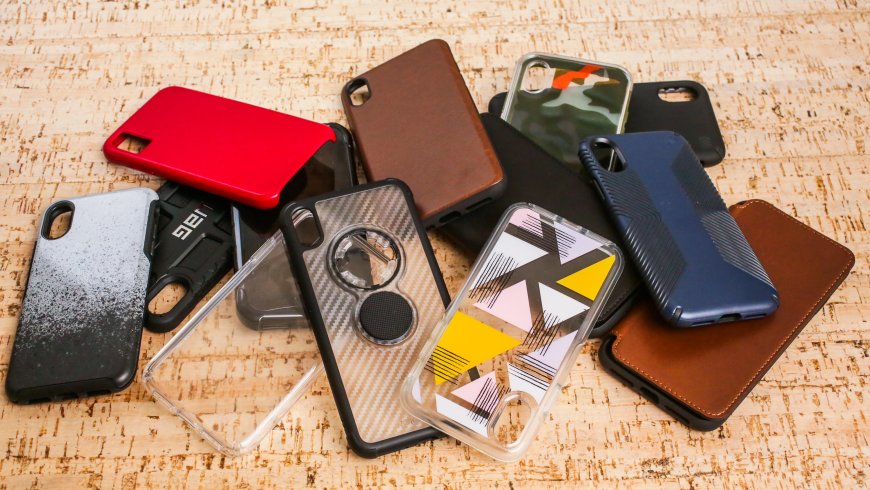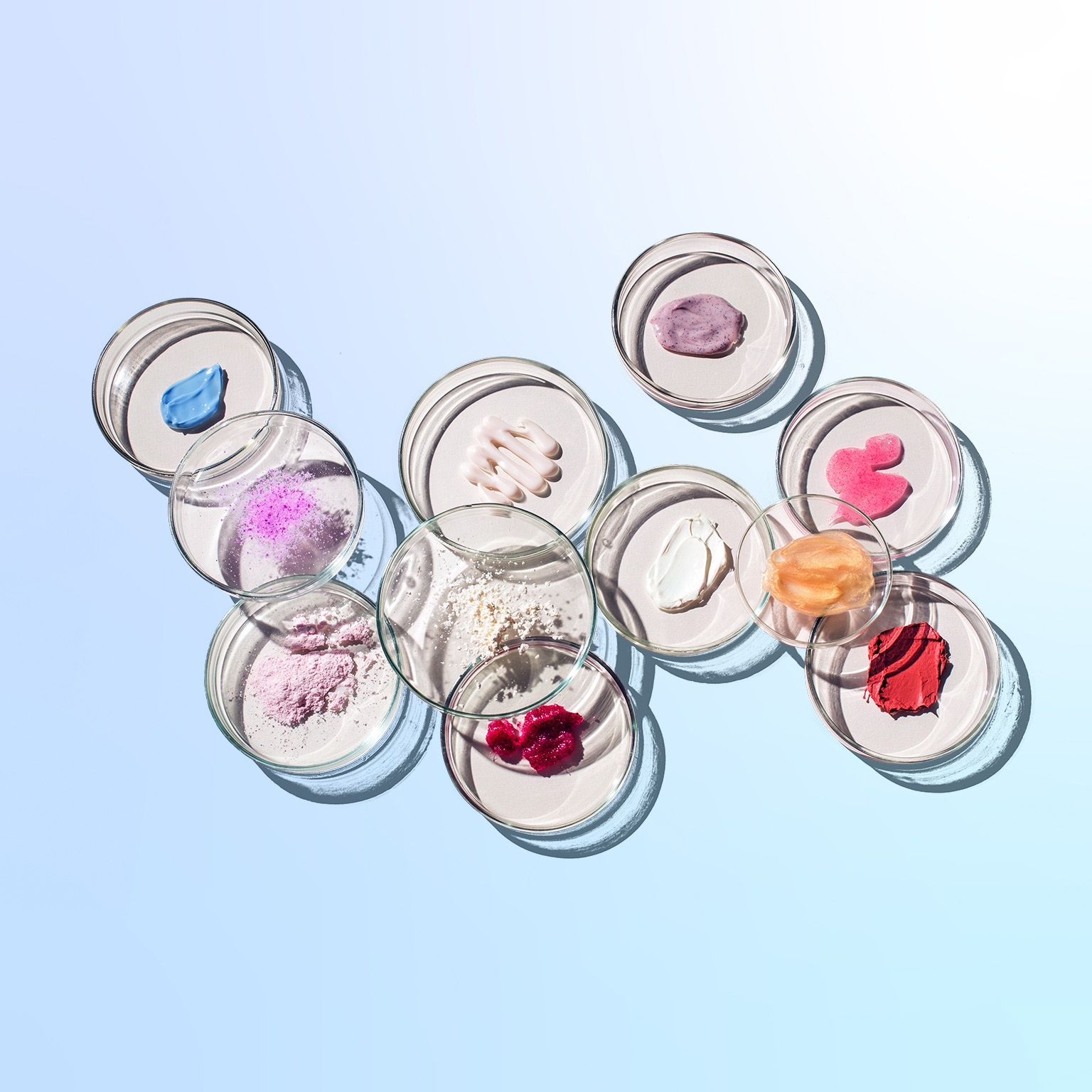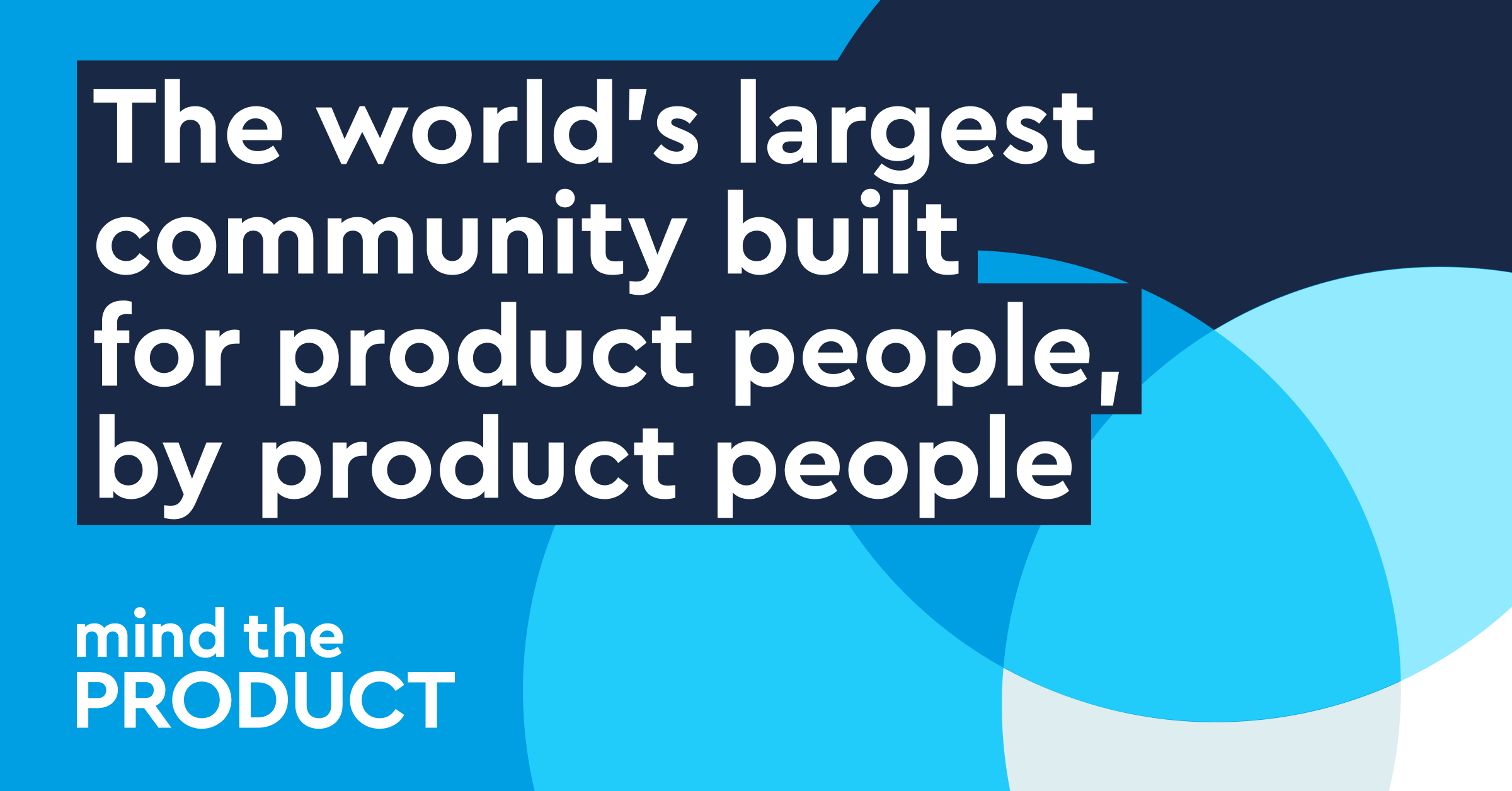The Rise of the iPhone Case Manufacturer: Innovation, Craftsmanship, and Market Strategy
With every new model released, consumers rush to get their hands on the latest technology — and right behind them is a booming industry of accessories, especially protective gear.

In today’s tech-driven world, smartphones have become an indispensable part of our daily lives. Among the most iconic and widely used devices is Apple’s iPhone. With every new model released, consumers rush to get their hands on the latest technology — and right behind them is a booming industry of accessories, especially protective gear. Enter the iPhone case manufacturer — a key player in the global smartphone accessories market.
Why iPhone Cases Matter
An iPhone is not just a communication tool; for many, it's a status symbol, a productivity device, and a digital lifestyle hub. Considering the high cost of iPhones, it’s no surprise that users want to protect them. A durable, stylish case can shield an iPhone from drops, scratches, and other daily wear and tear. For some, it's also a fashion accessory or a statement of personal identity.
That’s where the role of an iPhone case manufacturer becomes crucial. These manufacturers don’t just make plastic shells — they innovate in materials, designs, and functionalities to meet evolving consumer preferences.
The Business of iPhone Case Manufacturing
Manufacturing iPhone cases is both an art and a science. With millions of units sold annually across the globe, the demand for cases is massive. However, succeeding in this industry requires more than just producing enclosures; it involves anticipating trends, maintaining quality standards, and navigating intense competition.
Types of iPhone Case Manufacturers
-
OEM Manufacturers (Original Equipment Manufacturer): These are large-scale producers who manufacture cases for brands. A retailer or brand might design the case, and the OEM executes the manufacturing process.
-
ODM Manufacturers (Original Design Manufacturer): ODMs create their own designs and sell them to other companies, who may rebrand the product. These manufacturers often lead in innovation and creative design.
-
Private Label Manufacturers: Some companies produce generic designs that are sold under different brand names. This is common among eCommerce retailers looking to scale quickly.
Materials Used by iPhone Case Manufacturers
To stay relevant, manufacturers experiment with a wide variety of materials. Here are some of the most popular:
-
TPU (Thermoplastic Polyurethane): Durable, flexible, and resistant to oil and grease.
-
Polycarbonate: A hard plastic that offers excellent protection and a solid feel.
-
Silicone: Soft and grippy, great for shock absorption.
-
Leather: Premium look and feel, often used in luxury cases.
-
Metal and Carbon Fiber: High-end cases that offer rugged protection and a modern aesthetic.
-
Eco-Friendly Materials: Bamboo, cork, recycled plastic, and biodegradable options are becoming increasingly popular as consumers prioritize sustainability.
Each material affects not only the protection level but also the manufacturing process and cost.
The Manufacturing Process
Creating a high-quality iPhone case involves several precise steps. Here’s a brief overview:
-
Design and Prototyping:
-
CAD software is used to design the case around the specific dimensions of each iPhone model.
-
A 3D-printed prototype may be created for testing and validation.
-
-
Mold Creation:
-
A metal mold is crafted based on the prototype. This mold will be used in mass production.
-
The mold must be accurate to the micrometer, as even the slightest discrepancy could result in a poor fit.
-
-
Material Preparation:
-
Chosen materials (e.g., TPU pellets or leather sheets) are prepared and shaped according to the mold.
-
-
Injection Molding or Compression:
-
For plastic cases, materials are heated and injected into the mold.
-
For leather or fabric cases, materials are cut and manually assembled.
-
-
Surface Finishing and Decoration:
-
Finishes like matte, glossy, textured, or patterned surfaces are applied.
-
Customizations such as printing, engraving, or logo placement are completed here.
-
-
Quality Control:
-
Cases are rigorously checked for defects, fitting, and functionality (e.g., button sensitivity or wireless charging compatibility).
-
-
Packaging and Distribution:
-
Final products are packaged according to branding requirements and shipped worldwide.
-
Trends Driving iPhone Case Manufacturers
Staying ahead in the iPhone accessories market means embracing innovation and market trends. Here are a few that are reshaping the industry:
1. Customization and Personalization
Modern consumers crave uniqueness. Manufacturers now offer custom cases that allow users to upload photos, choose colors, or add monograms. Some companies even use AI tools to design one-of-a-kind graphics.
2. Eco-Conscious Production
As sustainability becomes a mainstream concern, many manufacturers are switching to biodegradable materials, recycled plastics, and eco-friendly dyes. Packaging is also being revamped to reduce plastic waste.
3. Smart Cases
Tech integration is another frontier. Some manufacturers are exploring cases with built-in power banks, Bluetooth trackers, or cardholders. Others are investing in cases that interact with iPhone sensors for added utility.
4. Luxury and Designer Collaborations
Luxury fashion houses and designers have partnered with case manufacturers to produce high-end products. These cases serve not just as protection, but as fashion accessories — often priced at hundreds of dollars.
How to Choose a Reliable iPhone Case Manufacturer
If you’re a business owner looking to launch your own line of iPhone accessories, choosing the right manufacturer is critical. Here are some tips:
-
Check Certifications:
-
Ensure the manufacturer complies with ISO standards or Apple’s MFi (Made for iPhone) certification for accessory compatibility.
-
-
Review Past Work:
-
Ask for samples or case studies of previous projects.
-
-
Evaluate Production Capacity:
-
Can they scale if your product takes off?
-
-
Discuss Lead Time and MOQs (Minimum Order Quantities):
-
Balance your budget with the manufacturer’s operational requirements.
-
-
Look for Flexibility:
-
Choose a partner willing to accommodate design revisions and offer customization options.
-
Leading iPhone Case Manufacturers Around the World
Some manufacturers have become known for their innovation and reliability. Though there are thousands globally, here are a few industry leaders:
-
OtterBox (USA): Known for rugged protection.
-
Casetify (Hong Kong): Custom designs and fashion collaborations.
-
Spigen (South Korea): Minimalist designs with military-grade protection.
-
Mous (UK): Stylish and drop-tested cases.
-
ESR (China): Affordable and diverse product lines.
In addition to brand-name producers, China remains a global hub for OEM and ODM iPhone case manufacturing due to lower costs and vast production infrastructure, particularly in cities like Shenzhen and Guangzhou.
Final Thoughts
The iPhone case industry is a testament to how a small accessory can become a massive market. Behind every case is an iPhone case manufacturer blending technology, design, and strategy to meet the evolving needs of consumers and businesses alike. Whether you’re an entrepreneur looking to start your own brand or a tech-savvy consumer searching for the perfect case, understanding the manufacturing process can help you make smarter decisions.
From eco-friendly materials to fashion-forward collaborations, the future of iPhone case manufacturing is both exciting and promising. In a world where phones are almost an extension of ourselves, it's only fitting that their protection gets just as much attention.
















































































































































